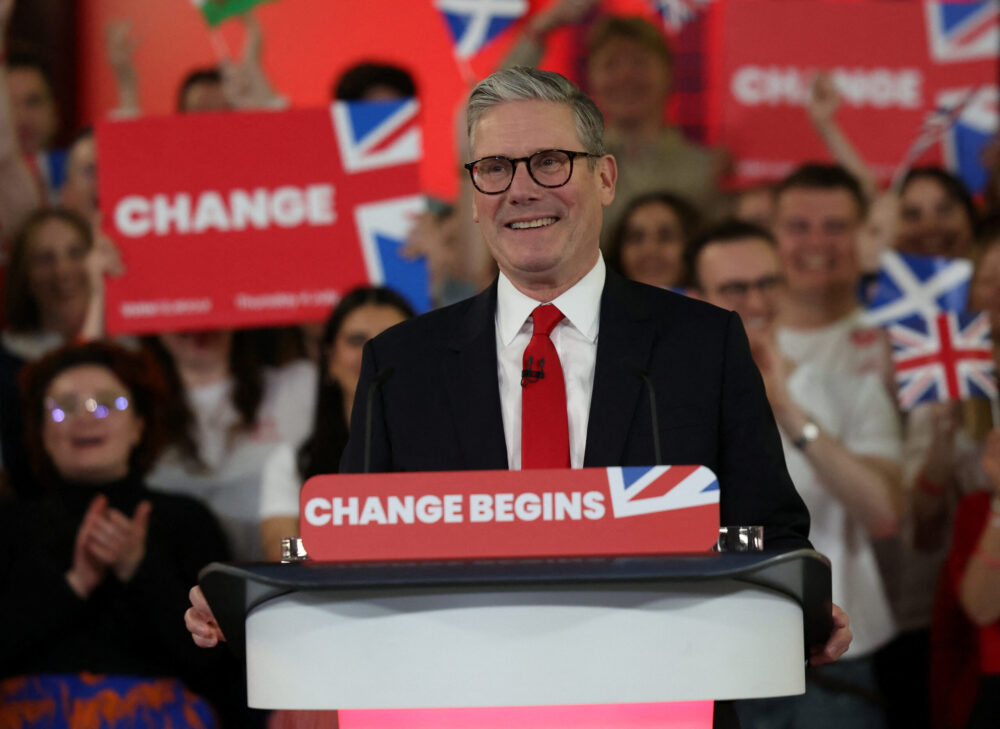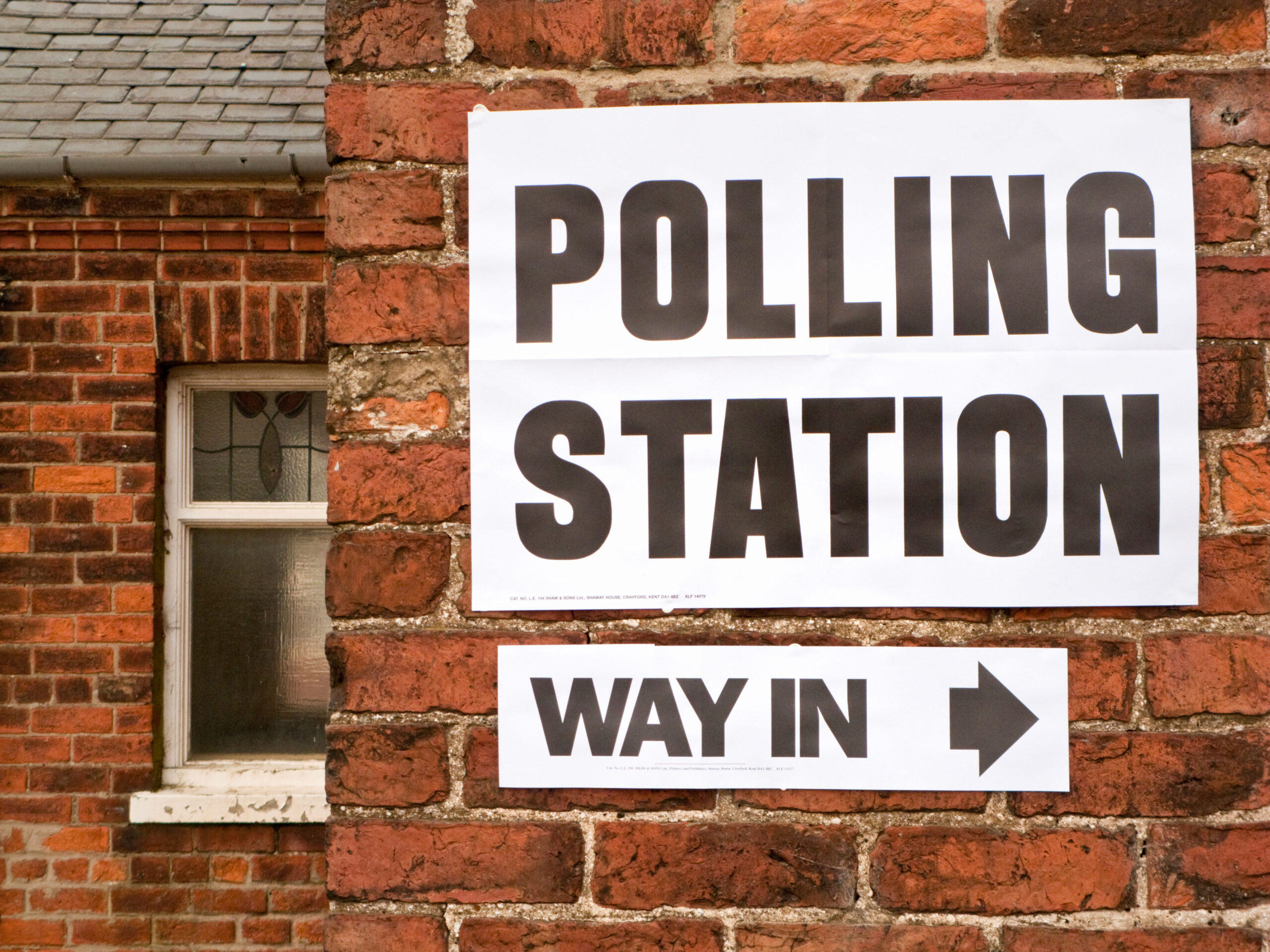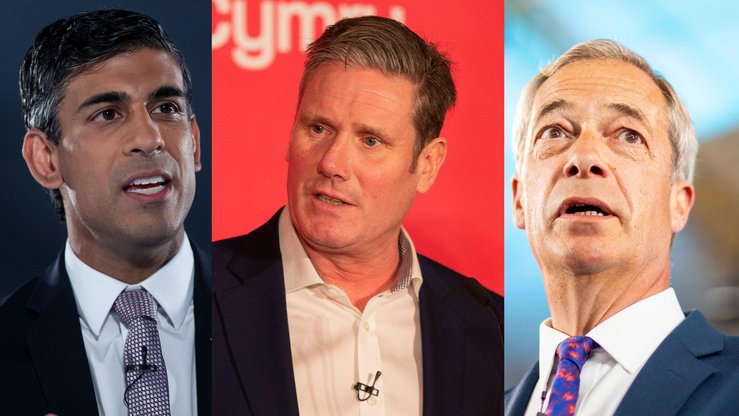
In the eight months remaining before the general election many voters face a dilemma. They prefer Labour to the Conservatives, but would rather have David Cameron in Downing Street than Ed Miliband. They wonder whose side the Tories are on, but doubt that Labour can be trusted with the economy or have learned the right lessons from their last spell in office.
Starting today in Birmingham David Cameron must help them resolve their quandary in his party’s favour. My latest research, involving a poll of over 8,000 people and discussions with undecided voters around the country, helps to show how he can do it.
Just over a quarter of those who voted Conservative in 2010 said they would vote for a different party in an election tomorrow. Nearly three quarters of these now support UKIP, with most of the remainder going to Labour.
These “defectors” had various complaints: the cost of living, lack of progress on immigration, stagnant pay, welfare reforms that had left them worse off. (There were also some bitter complaints about Michael Gove but these came, without exception, from teachers and their relatives).
While many of these voters were attracted to UKIP by the refreshing straightforwardness of Nigel Farage, few of those moving to Labour had a positive reason. Hardly anyone we spoke to could name a single Labour proposal; most simply hoped, rather than expected, that things would somehow be better under a different government.
Most of those who have switched from the Tories say they will still consider voting for the party next May. But for the party to hold on, each voter who does defect will have to be replaced with a new one. Yet converts are thin on the ground. Around one in eight of those who did not vote for the party in 2010 say they may do so next time. These people are united by a positive view of the Prime Minister and the belief that the Tories are on the right track and need more time to finish the job. They worry that a change of government could mean going back to square one on the deficit, and undoing what progress has been made on immigration and welfare reform. They are also younger than existing Conservative voters, and more likely to be female and to work in the public sector.
Clearly, the Conservatives need more support if they are to stay in office. But to most people the election might as well be eight years away, never mind eight months. Most of the uncommitted voters who took part in my research had given it little or no thought and did not intend to until much closer to the day. There is still time for the Tories to turn their fortunes around before next May.
For all the constitutional issues at stake, the key to doing so lies in the economy and the future of austerity. Nearly nine in ten Tory loyalists and those who have switched to the party since 2010 said either that they were already feeling some of the benefits of the recovery or, more likely, that they were not feeling any better off yet but expected to at some point. Meanwhile, more than four in ten defectors said they had not seen an improvement in their circumstances and did not anticipate any. UKIP voters were the most likely of all to think any recovery would pass them by.
At the same time, more than three quarters of loyalists and seven in ten Tory converts said cuts needed to continue for the next five years; nearly half of defectors said either austerity was no longer necessary, or was never needed in the first place.
The task for Cameron and the Tories, then, is to build a coalition of the willing – a big enough group of voters prepared to accept continued austerity because they believe the results will be worth waiting for. Many understood that restraint was required after 2010 but are not sure why it is still needed, especially if things are supposed to be looking up. The Conservatives need to explain this – and the rewards that will follow if doubtful voters stick with it.
This may prove even harder than it sounds. Whatever the figures, sceptics will only believe in the upturn when they feel it in their pockets – and for many people the end of austerity is the very evidence they need that the recovery is real.
Nevertheless, Cameron must show his purpose is not merely a matter of dry economics but to create a country where everyone can share in the prosperity the Tories are accused of wanting to preserve for the few.
Politicians are often accused of re-fighting old battles. But at the next election, the Conservatives need the campaign they should have run at the last.


